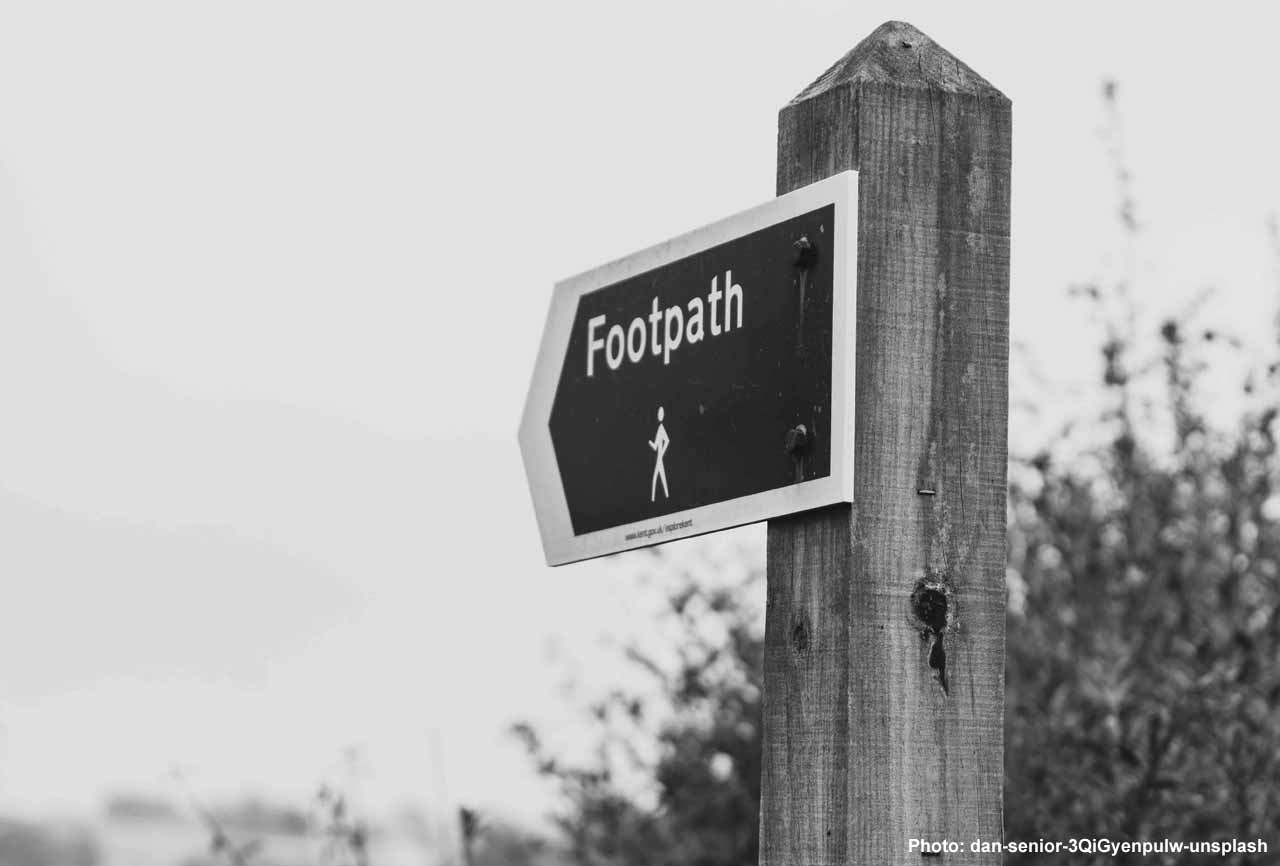Library image
Dover District Council’s commitment to conservation in the district has led to a new wetland habitat in Worth, near Sandwich, being created.
Last year, the council agreed the change of use of 27 hectares of agricultural land at Blue Pigeons Farm, part of Worth Marshes which is around 250 hectares, stating it would deliver noticeable benefits to wildlife.

A redshank. Picture: Andy Hay (rspb-images.com)
The RSPB is now transforming the site into a lowland wet grassland landscape for rare and threatened species.
The site already supports threatened birds such as lapwing and redshank that come to the area to breed in the summer, along with wildfowl that spend the winter here.
Further threatened birds, including turtle doves and skylarks, also call this reserve home.

A lapwing. Picture: Ben Andrew (rspb-images.com)
The new Worth Marshes Wetland Creation Project involves creating a variety of habitats, including wet grassland, flower rich meadows, wet woodland, fen and open pools and lagoons, so breeding bird populations can increase and species that have not recently used the site can return.
The RSPB plans for it to also become a refuge for species adapting to pressures such as those created by climate change.
Cllr Susan Beer, DDC’s cabinet member for climate change and the environment, said: “DDC fully supports projects such as the Worth Marshes Wetland Creation, which will provide important habitat for a vast number of species.
“The wetland will not only help plants and wildlife thrive but will also reduce the impacts of flooding in the surrounding area.
“It is our collective responsibility to protect our environment and restore nature so we welcome and support schemes such as this.”
Isobel Donovan, RSPB senior site manager, said: “It’s great to see the habitat creation and restoration taking place across Worth Marshes, as the mosaic of habitats including wet grassland, scrub, grazing marsh and open water is really important for wildlife.
“As nature faces increasing threats such as climate change or development pressure reducing habitats, protecting and restoring homes for threatened species, including lapwings, turtle doves and skylarks, is more important than ever.
“We look forward to continuing to care for and restore this site into the future.”
